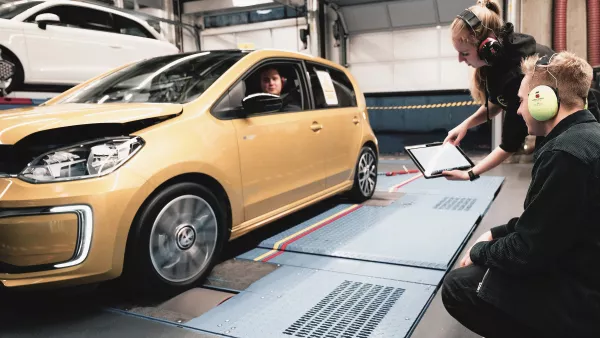At a glance
Vehicle Mechatronics
Fields of study
Automotive engineering and development
Vehicle Mechatronics
Alternative study option
Mechanical engineering / automotive engineering (integrated training) in cooperation with a company
Dates
All eventsMath preliminary course
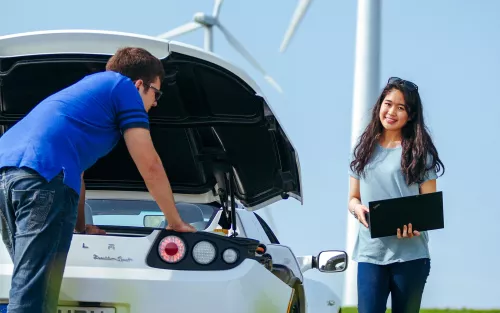
Vehicle technology of tomorrow
Rarely has the development of vehicle technology been more energy-rich. The automotive industry is in a state of upheaval: demands on energy consumption and emissions require new vehicle drives. The development of autonomous vehicles is in full swing and will change the mobility of the future. You will learn sound fundamentals for the design of sustainable mobility in the study of automotive engineering.
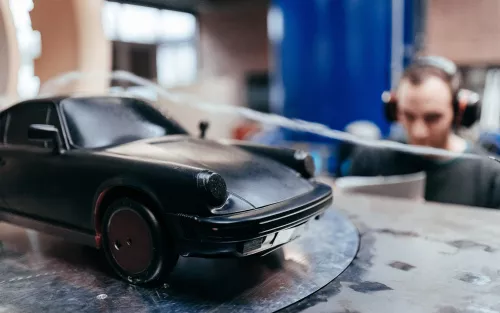
Develop vehicles
We offer a practice-oriented engineering study around the vehicle. Through various internships and interesting projects in the very well-equipped laboratories and other courses, you will gain tangible experience for the engineering profession. A team with practical experience and present professors will support you in mastering the course contents. In addition to the curriculum, you can gain further experience in student projects such as Formula Student.
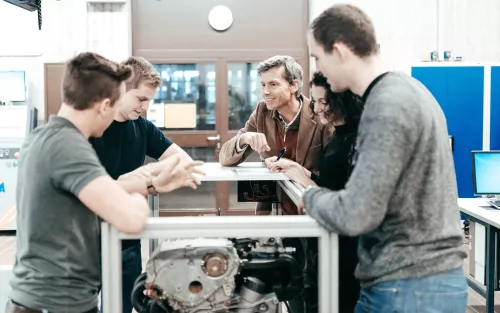
Profession & Perspectives
The job profile of the engineer is characterized by a special diversity. Possible fields of work are offered by successful industrial companies, but also by public authorities, associations and testing companies. Engineers design the products of the future; their daily work is characterized by a lot of communication and exciting activities in developing, testing and optimizing the various products. Engineers have detailed methodological and technical knowledge and the ability to solve problems. As a result of the growing engineering gap, the demand for engineers is enormous, and the earning potential is in the top bracket. Industrial companies offer engineers excellent working conditions and outstanding benefits.
Upon successful completion of the program, you will be awarded a Bachelor of Engineering (B.Eng.) degree, giving you the opportunity to work directly in industry as an engineer or to pursue a master's degree at universities.
Downloads
- Ältere Modulhandbücher sind im QM Portal abgelegt.
- Studien- und Prüfungsordnung für die Bachelorstudiengänge mit Allgemeinem Teil - Diese Änderungssatzung tritt zum WiSe 2023/24 in Kraft.
- Satzung der Hochschule Ravensburg-Weingarten über die Regelungen zum Hochschulzulassungs- und auswahlverfahren für Bachelorstudiengänge vom 28. November 2024
Further information
Postgraduate courses
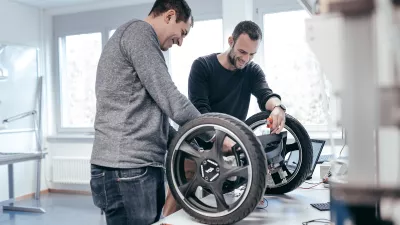
Product Development in Mechanical Engineering
Curriculum
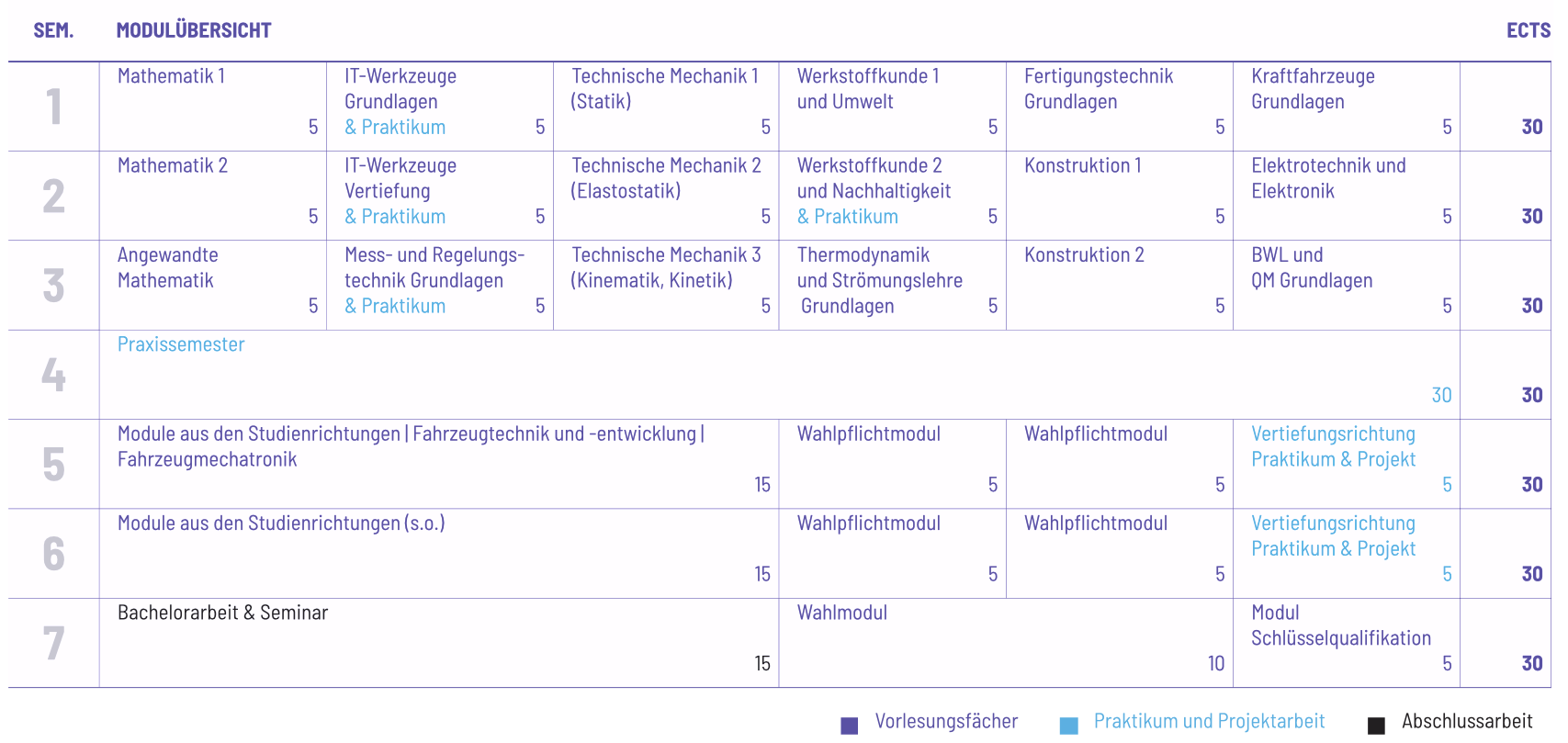
Fields of study
Automotive engineering and development
Vehicle Mechatronics
Alternative study option
Mechanical engineering/vehicle technology (integrated training) in cooperation with a company
Structure
The bachelor's degree program in automotive engineering is designed for seven semesters.
Basic studies
In the basic studies, you will develop your skills in the technical and scientific fundamentals such as computer science, mathematics, technical mechanics, machine elements and materials science for your later specialization in the main studies.
Practical semester
The 4th semester is a practical study semester in an industrial company, where you work independently on a real industrial project.
Main studies
In the main course of study, starting in the 5th semester, you will begin to specialize by choosing an in-depth field of study. In the vehicle technology and development field of study, the focus is on vehicle design. The vehicle mechatronics field of study goes into greater depth on the mechatronic components of the motor vehicle.
Electives
From the 5th to the 7th semester, you have extensive elective options to deepen your knowledge and interests: 4 compulsory elective modules, 2 elective modules and 1 key competence module.
Bachelor thesis
The conclusion of your studies is your bachelor thesis, which you can write at the university or in cooperation with a company.
Abroad
You can also spend a study semester abroad - a very exciting opportunity for your personal development. You can do the practical study semester, the bachelor thesis or entire study semesters abroad.
Admission
Application for summer and winter semester
Automotive Engineering offers
- places in the summer and winter semester
- July 15: Application deadline for the winter semester
- January 15: Application deadline for the summer semester
These dates are cut-off dates, which means that your application documents must be received by this date in order to be considered for the allocation of study places.
Start of lectures
- Beginning of October for the winter semester
- mid-March for the summer semester
the exact date can be found in the menu item Dates.
to the online application
Who gets a study place?
All applicants who meet the admission requirements will receive an offer of admission.
A pre-study internship is not required.
Further information about the application and the allocation of study places can be found in the Admissions Office.
SEMESTER FEE
Each semester , a semester fee is due for all students upon enrollment or re-registration. This fee is charged at a similar rate by all universities in Germany.
Composition and amount of the fee
FEES FOR INTERNATIONAL STUDENTS AND FOR SECOND DEGREE PROGRAMS
In Baden-Württemberg, there has been a tuition fee for international students (non-EU citizens) and a second-study fee since the winter semester 2017/2018. Thus, in some cases, a tuition fee must be paid in addition to the semester fee.
Prior to enrollment, applicants from non-EU countries or applicants for a second degree will receive a form to assess whether a tuition fee obligation actually exists.
The amounts and detailed information can be found under Finances
Projects
Projects of this degree program
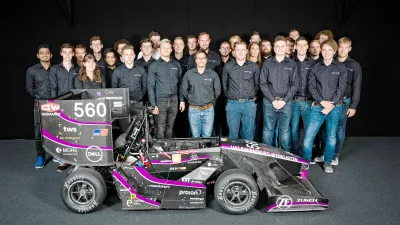
Formula Student
The Formula Students Team of the Ravensburg-Weingarten University of Applied Sciences is a group of dedicated students who have been working on building a Formula Student racing…Labs
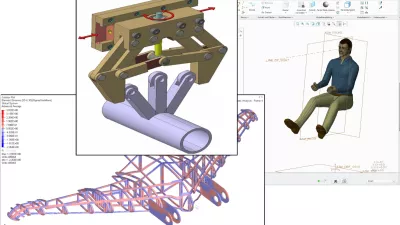
CAD and FEM
- Building C
- Room C011
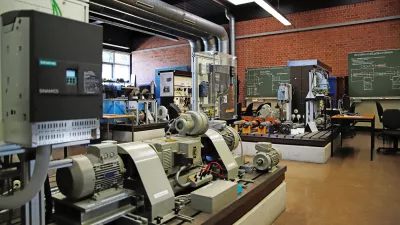
Electric drives and controls
- Building H (main building)
- Room H 062
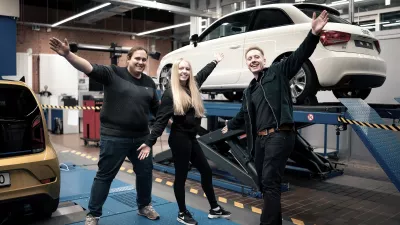
Automotive engineering and mechatronics
- Building H (main building)
- Room H 057
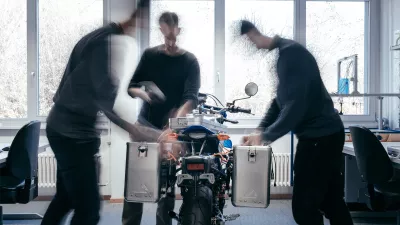
Measurement and control technology
- Building D
- Room D 007
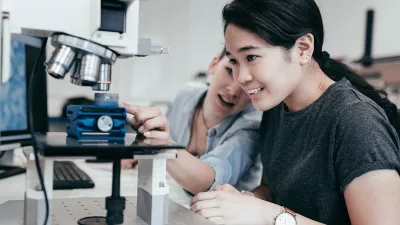
Materials testing
- Building L
- Room L 005 - L 018
News
News of this degree program
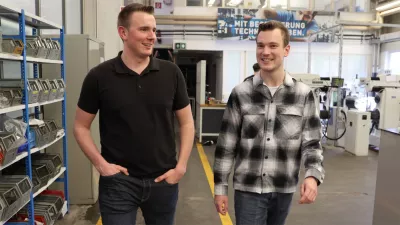
Press release
One course, two degrees
RWU offers a bachelor's degree in mechanical engineering that combines studying with an apprenticeship. The first graduates of this new model are now entering the world of work. How has the idea of a two-track education worked out?
Contact & People
Dean of Studies & Academic Advising
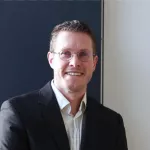
Secretariat
Practice Office

Admission Office

Examination Office
Foreign Representative
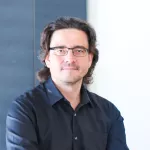
Professors
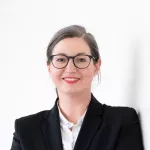

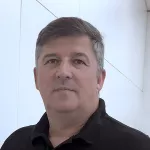






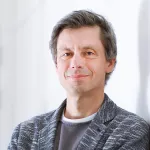


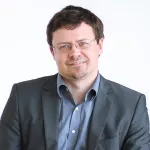
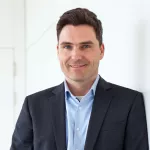
Academic staff

